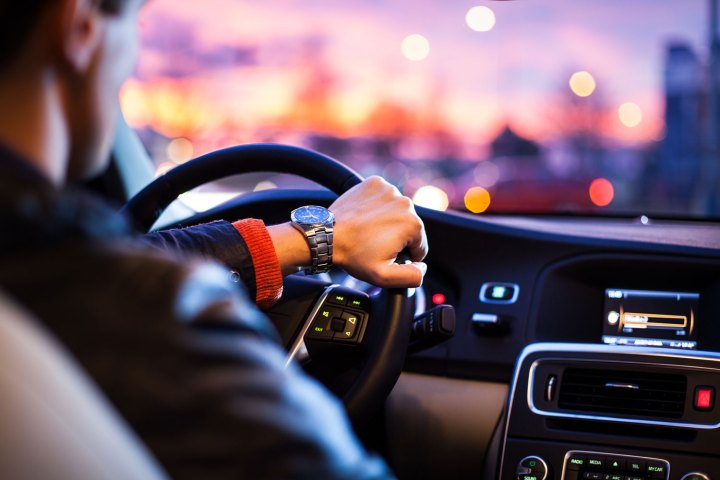
United Drivers, an association of about 1,000 Uber drivers, joined other associations in the Alliance for Independent Workers, an umbrella organization formed to represent and advocate for the drivers. In all, the “association of associations” represents about 5,000 of approximately 60,000 rideshare drivers in the Bay Area, said Escobar. Escobar also said the organizations are growing quickly but that many drivers are still hesitant to join or speak out for fear they will be banned from driving by the ride-hailing services.
The first rally, at the U.S. District Court, was scheduled outside an Uber settlement hearing overseen by U.S. District Court Judge Edward Chen. The Bay Area drivers are calling for lead attorney Shannon Liss-Riordan, who represents the Uber drivers in the class-action suit, to step down. They say: “Liss-Riordan’s agreement mischaracterizes them as independent contractors partnering with Uber, rather than as the employees that their tight and unfair employment policies actually make them.”
The drivers state Liss-Riordan’s firm will be paid close to $25 million while the drivers will receive payments that average $218 per person, depending on length of service. The drivers will give up not just greater payments but also rights in their pursuit of being declared Uber employees rather than independent contractors.
As contractors, the drivers cover their own expenses. If they were considered employees, expenses would be reimbursed. According to documents previously disclosed, expense reimbursements for California and Massachusetts Uber drivers (both are represented by Liss-Riordan) would have totaled $730 million if they were employees.
In a press release issued Wednesday, the drivers’ group said: “By being mischaracterized as independent businesses, rather than regular employees, the drivers for Uber lose a huge number of significant protections and benefits, such as reimbursement for their driving expenses, health care benefits, and insurance.”
The drivers’ groups are also rallying to object to what they call unfair tax penalties being pursued by San Francisco Treasurer Jose Cisneros. The city is calling for the drivers to pay a $91 annual tax and possibly taxes plus interest and penalties for past years.
According to Escobar, Cisneros is ignoring a California Labor and Workforce Development Agency ruling in a San Diego worker’s compensation case that “drivers should be characterized as dependent employees.” The driver’s association says Uber should pay the city tax for its drivers as a cost of doing business, rather than the drivers who are hard pressed to cover expenses and make a living.
Uber and Lyft lose in Austin, Texas, will pull out of cityIn a joint statement, the drivers said, “We are not high-paid lawyers, big-time lobbyists, or hot-shot executives. We are regular people in the Bay Area facing an incredible crisis of economic inequality and trying hard to provide for our families and make a life.”
Escobar said the rallies are an “opening salvo” in a fight to represent the best interests of drivers. Adding that the issues at hand affect drivers for both Uber and Lyft, Escobar said, “Ultimately it’s not about Uber and Lyft seeing the light, but bringing the issues to the table with full transparency so [other] companies will see the opportunity.”



